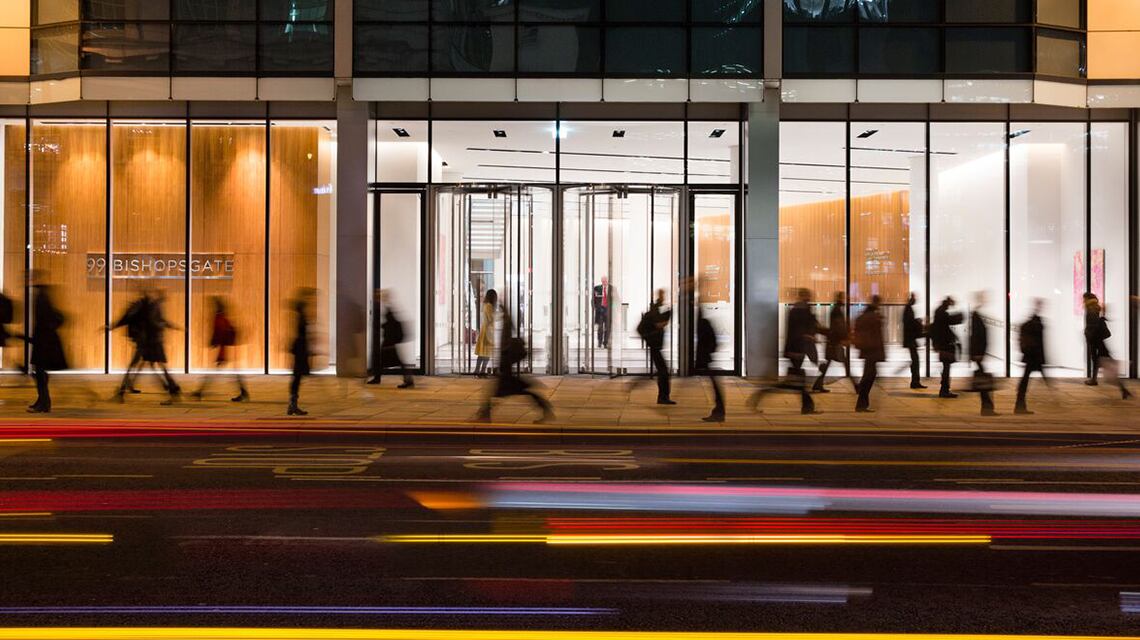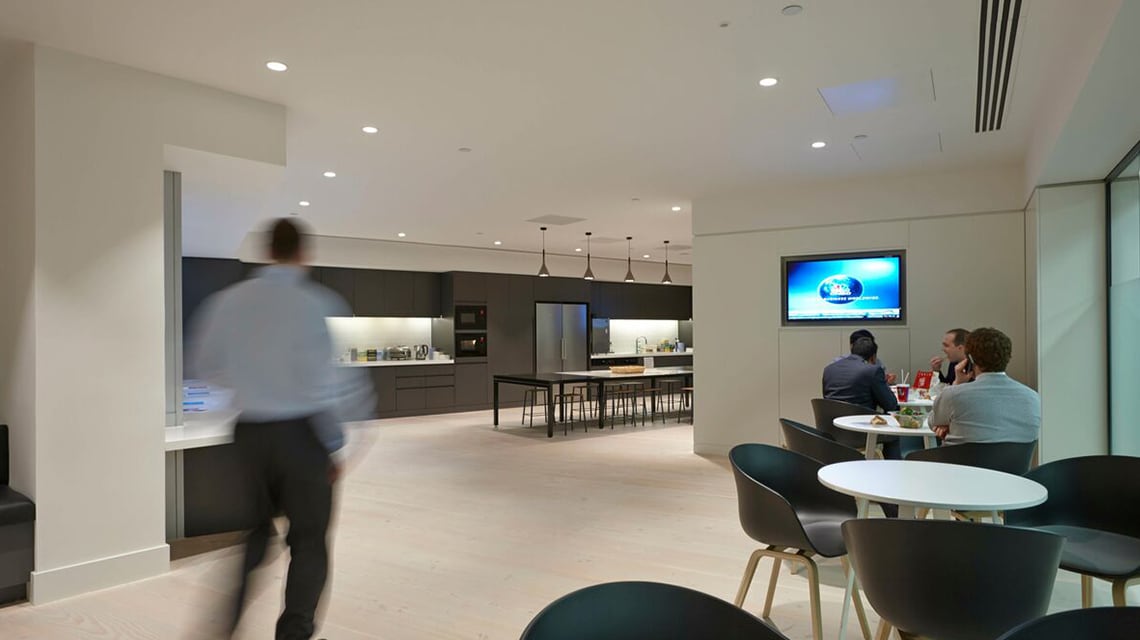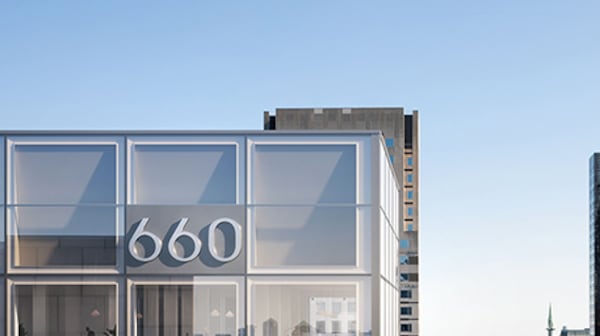
A building-wide sustainability focus
In 2019, we began an occupier engagement campaign to help increase recycling levels, as well as reduce waste at 99 Bishopsgate in London. The program has been met with incredible success and our goal is to continue to build on this work year over year.

A (26-) storied history
As a 23-year-old office tower in City of London, 99 Bishopsgate was completely rebuilt after the Bishopsgate bombing in 1996. We often refer to the property as ‘The Grandad’ of our London portfolio as it’s much older than the other buildings.
While others may have seen the vintage of the property as a hurdle toward achieving meaningful sustainability improvements, we looked at it as a unique opportunity to get creative about how we could reduce our impact.
In 2019, the innovative and hard work of our property team paid off and we were honored to receive the coveted Chairman’s Cup Clean City award from the City of London for the management of the property.

2019 highlights
- 300+ tons of carbon dioxide eliminated
- 65 tons of glass, food, coffee cups and pods recycled
- 100+ meals donated to Fareshare
Our 360 degree approach to engaging with our occupants
Our engagement campaign was a multi-layered approach. In addition to our regular occupier communications, we began sending monthly recycling figures for the building and provided recycling bins to any occupier that wished to use them, free of charge. Not only did this contribute to the recycling awareness within the property, it helped to increase the program’s momentum: our waste recycling percentage for the building increased by 4% despite a 10% increase in occupier levels, and we hit our highest recycling figure five times in a single year.
We introduced ‘Lunch and Learn’ sessions for our occupiers, hosted by our waste partners. With the subjects varied, we always focused on areas in which we needed improvement. For example, after an internal audit, we found that food waste was an issue in the building, so we held a session on how to correctly separate food waste.
We set up a Green Team and engaged with Plastic Free City, making and exceeding our Gold pledge by banning all plastic and disposable utensils from our kitchens. We also introduced new recycling schemes, including reusable coffee cups, recycling of coffee grounds, and a book and stationery swap program.
For Zero Waste Week, we held a building wide event where we ran competitions to win reusable metal straws and shopping totes. We encouraged occupiers to pledge to make one long term change in their everyday habits to help the environment, and held a building-wide giveaway of reusable coffee cups. We also organised beach cleans which were a huge success with our occupiers.
Our approach wasn’t limited to occupier participation only. First, we asked our cleaning partners to use environmentally-friendly solutions to their cleaning regimen. From carbon dioxide-based cleaning tools that remove the need for chemicals to supplying the cleaning teams with uniform/PPE made from recycled materials, we knew it was important to ensure our partners were on board with our goals.
In 2019, we achieved zero waste-to-landfill status by selecting a waste partner who incinerates all building waste and turns it into energy and ash used for compost.
Annually, we participate in Earth Hour - and try to always go above and beyond by switching off certain central plant and lights in order to save additional power. We believe that even small changes can make a big impact. As such, we moved to a digital visitor tracking platform where guests are emailed a pass with a QR code via their phone, instead of receiving print outs, thereby reducing plastic and paper waste.
In addition, over a three-year period, we have changed every common area light in the building to LED and began taking some of our passenger lifts out of service during quieter periods. As a result, we reduced our base electricity usage by an average of almost 300,000kwh. We also improved our waste area in the basement by colour-coding the walls to match the waste streams. In total, we have over 20 recycling schemes at 99 Bishopsgate.

